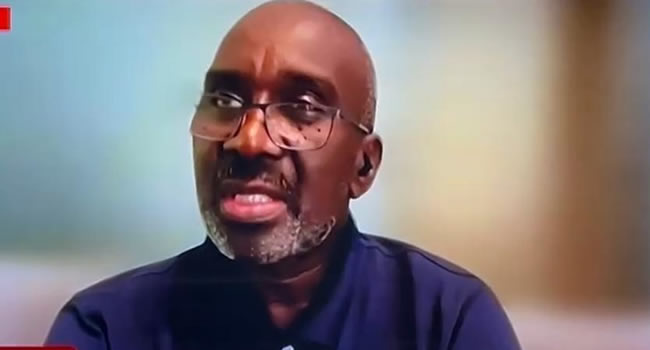In Nigeria, “charge and bail lawyers” are legal professionals who specialize in providing rapid assistance to individuals who have been arrested or charged with crimes, typically in lower courts or at police stations. Their services include arranging bail for detainees, offering guidance during arrests and questioning, and helping clients maneuver the intricacies of the criminal justice system efficiently. Although this work is essential for ensuring access to justice, it carries a negative stigma, often linked to low pay, financial hardship, and diminished status. Many of these lawyers lack formal offices and actively seek clients near court premises, leading to perceptions of unprofessionalism and undervaluation—despite the fact that these are fully qualified attorneys.
In the United States, a similar concept exists in the form of “ambulance chasers,” lawyers who aggressively pursue potential clients right after accidents, primarily to handle personal injury claims. While often derided for their pushy tactics in soliciting business, these attorneys have carved out profitable specialties. They frequently manage prominent cases involving substantial settlements—sometimes in the millions—operating on a contingency basis where their fees are tied to the outcome of the case. Consequently, some ambulance chasers achieve significant wealth, particularly when litigating against major corporations or insurers.
The financial differences are stark: Nigerian charge and bail lawyers typically represent impoverished and at-risk defendants, earning modest incomes in the process. In contrast, U.S. personal injury lawyers advocate for accident victims and can rise to become affluent members of the legal establishment, especially in disputes with powerful corporate entities.
As someone attuned to Nigeria’s legal and societal landscape, it’s often surprising—and occasionally entertaining—to witness ordinary people confronting massive corporations. Consider VDM, a young activist who has boldly targeted Dangote, Africa’s wealthiest individual, and his conglomerate over deadly road accidents purportedly caused by Dangote’s truck drivers. VDM argues that the company should be held accountable for preventing these incidents and compensating affected Nigerians. This is a quintessential underdog story, with VDM pushing for greater public safety and corporate responsibility in an environment where few dare—or have the means—to take on such a giant.
This activism prompts three key questions: First, how does insurance factor into these accident claims? In theory, liability insurance should compensate victims of corporate or vehicular negligence, yet many Nigerians encounter a claims system that is confusing, ineffective, or insufficient. Second, what position does the Nigerian Bar Association (NBA) adopt regarding high-stakes corporate negligence and the protections for accident victims? The NBA has traditionally played a subdued role in these conflicts, and lawsuits against behemoths like Dangote are uncommon and riddled with obstacles. At times, it appears that such enormous companies are practically untouchable for everyday plaintiffs. Third, what responsibility does the federal government bear in constructing and upkeep of safe, navigable roads?
Ultimately, while charge and bail lawyers in Nigeria address vital legal needs at the community level, their influence—along with that of figures like VDM—is hampered by scarce resources, cultural biases, and the overwhelming power of corporations. To achieve genuine justice, insurance systems and organizations like the NBA must step up, becoming more proactive and approachable in supporting those injured by big business, no matter the adversary’s scale.
Patrick J. Omo-Osagie.
The Nigerian Spectator, Patrick J Omo-Osagie,
brings a fresh, diaspora-informed lens to the vibrant, complex and ever-evolving stories of Nigeria-my homeland.







